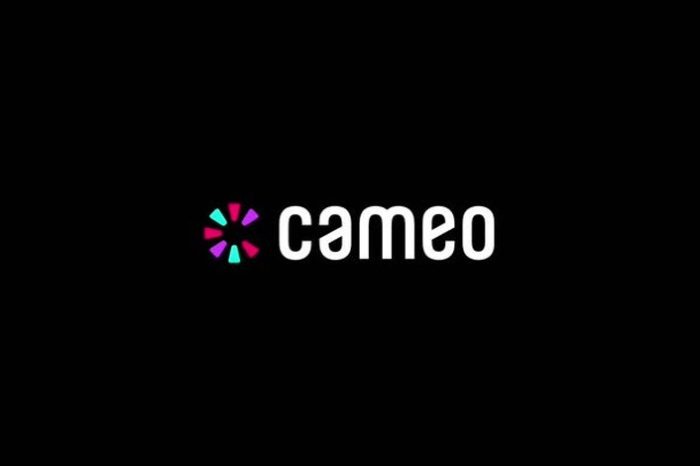Losing a family member or close friend can be devastating and can have a lasting effect on all who knew the person who has passed. Dealing with the loss of a loved one can be difficult and may require talking about your feelings, expressing your condolences to a family member or writing about your grief in a diary or blog. Funeral or memorial services are also a means to share in the pain and express love for the deceased in order to heal.
One reason for the elaborate ceremonies around death is to help with that loss. Funeral rituals are designed to help ease the transition. In many cultures and religious traditions, part of these rituals is the delivery of a eulogy – a short memorial message celebrating the person’s accomplishments and important moments.
If you have been asked to deliver a eulogy, appreciate the honor you have been given. You may feel that you are too sad or that you don’t have the skills to write and deliver an appropriately moving tribute at a funeral or memorial service. If giving the eulogy is overwhelming to you, remember that while it may seem daunting, there are tips that can help you manage your anxiety and help you provide a service to both the living in their moment of loss and to the one you have lost.
If you are asked to deliver a eulogy for someone you know, take a moment to sort out your feelings about the deceased and gather your thoughts. A eulogy is designed to memorialize and celebrate the good things in the person’s life. Pulling together a selection of memories and comments about those things can be a remarkable way to begin to deal with your own grief. Also, ask other family members and friends to share their memories, anecdotes and stories of how that person touched their lives. Hearing and sharing these memories can help you create a more complete picture of the person for those who are hearing you.
Once you’ve gathered your information, decide how you will organize it. Eulogies can take a chronological approach, where the eulogist traces the person’s life in the order in which it happened. They can also be given as a story of a variety of portraits of important moments – snapshots of tender times, gently humorous anecdotes, and the like. If more than one person is delivering a eulogy, coordinate with them so both approaches are used.
If you find it hard to think of moving things to say, you may want to look at various sources for inspiration or short quotes to include in your speech. From the Bible or other religious texts to anthologies and websites of eulogy poetry and inspirational quotes, you may find the words you seek. Be careful, however, your own words are more important than anything you can find elsewhere. Keep the tone of the eulogy personal and use simple language so that the listeners can connect more directly to your words and the memories it conveys of the deceased. Typically, a eulogy runs around five to ten minutes in length.
Giving a eulogy is an honor. It is a chance to help others begin the transition to a life after the person’s passing. The eulogist has a chance to ease the pain of others by providing them with a picture of the best things about that person, something they can hold on to in the difficult days to follow. To be asked to deliver a memorial tribute is to be given the responsibility of assisting many. A little time and preparation in the writing stage can make a huge difference in the impact of your delivery and can help you and your friends and family in their time of need.










